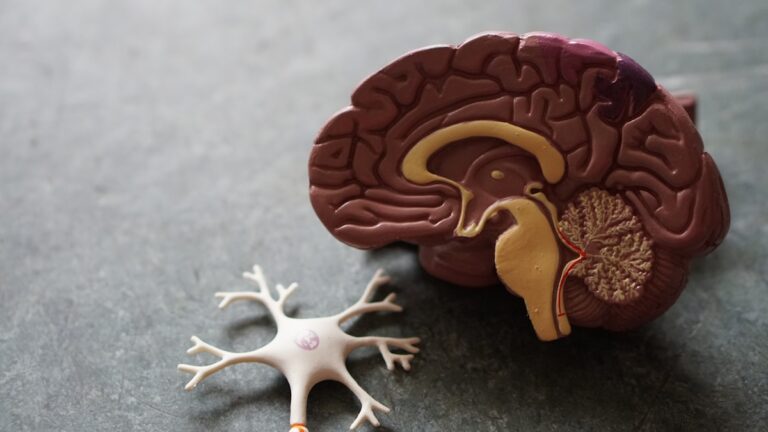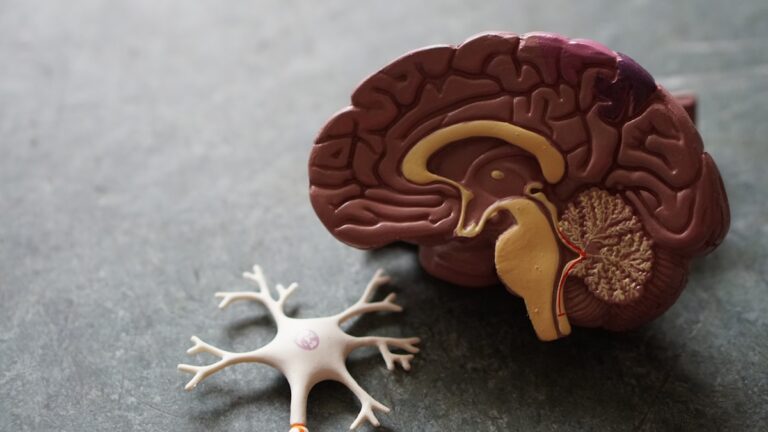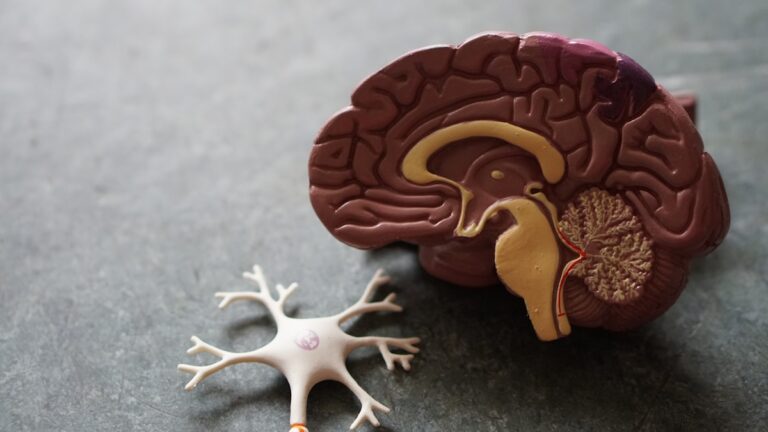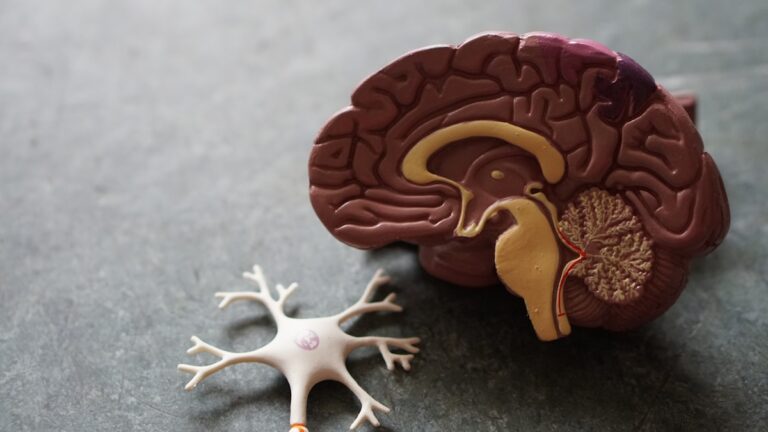Mental health and cognitive impairment are two complex and often misunderstood topics that affect millions of people worldwide. While they are often discussed separately, it is important to understand the close relationship between them and how they can impact an individual’s daily life.
Mental health refers to a person’s overall well-being and includes their emotional, psychological, and social state. It encompasses a wide range of experiences, from feeling happy and content to struggling with anxiety, depression, or other mental illnesses. Just like physical health, mental health is essential for a person’s overall quality of life.
On the other hand, cognitive impairment refers to a decline in a person’s brain function, affecting their ability to think, remember, and reason. This can be caused by various factors, including aging, genetics, and certain medical conditions such as dementia or traumatic brain injury.
While mental health and cognitive impairment may have different causes and symptoms, they can often coexist and exacerbate one another. For example, someone with a mental illness may have difficulty concentrating or making decisions, leading to cognitive impairment. Likewise, those with cognitive impairment may experience feelings of frustration and anxiety due to their struggles with day-to-day activities.
One of the most common mental health conditions that can lead to cognitive impairment is depression. Depression is a mood disorder characterized by feelings of sadness, hopelessness, and loss of interest in activities once enjoyed. It can also cause difficulties with memory, concentration, and decision-making. Studies have shown that people with depression are at a higher risk for developing dementia later in life.
Similarly, anxiety disorders can also have a significant impact on cognitive function. Anxiety is a feeling of unease or worry about a future event or uncertain situation. When anxiety becomes chronic and debilitating, it can impair a person’s ability to focus and process information, leading to memory problems and difficulty completing tasks.
On the other hand, certain cognitive impairments can contribute to the development or worsening of mental health conditions. For instance, research has found that people with Alzheimer’s disease, a form of dementia, are more likely to experience depression and anxiety compared to those without cognitive impairment.
It is also essential to note that both mental health and cognitive impairment can be caused by external factors such as stress and trauma. Prolonged exposure to stress can affect the brain’s structure and function, leading to impaired cognitive abilities and increased risk of mental health issues. Similarly, traumatic events can have a significant impact on a person’s emotional well-being and cognitive function.
The impact of mental health and cognitive impairment goes beyond the individual experiencing them. It can also affect their relationships, job performance, and overall quality of life. People with these conditions may face stigma, discrimination, and barriers to accessing proper care and support. This can further exacerbate their symptoms and make it challenging to manage their condition effectively.
However, with the right support and treatment, people can improve their mental health and cognitive function. Seeking help from a mental health professional, such as a therapist or psychiatrist, is crucial for managing symptoms and improving overall well-being. Cognitive behavioral therapy (CBT) is a common treatment approach that focuses on identifying and changing negative thought patterns and behaviors.
In cases of cognitive impairment, treatment may involve medication, cognitive training, and other therapies tailored to the individual’s specific needs. It is also essential for individuals with cognitive impairment to receive support from family and caregivers to manage daily activities and maintain social connections.
Moreover, adopting healthy lifestyle habits such as regular exercise, a balanced diet, and sufficient sleep can also have a positive impact on both mental health and cognitive function. Engaging in activities that promote relaxation, such as meditation or yoga, can also help reduce stress and improve overall well-being.
In conclusion, we must recognize the interconnectedness between mental health and cognitive impairment and the significant impact they can have on an individual’s life. It is essential to educate ourselves and others about these conditions, reduce stigma, and promote early intervention and proper treatment. With the right support and strategies, people can lead fulfilling lives despite these challenges. Let us strive towards a society that prioritizes mental health and supports those with cognitive impairment.





